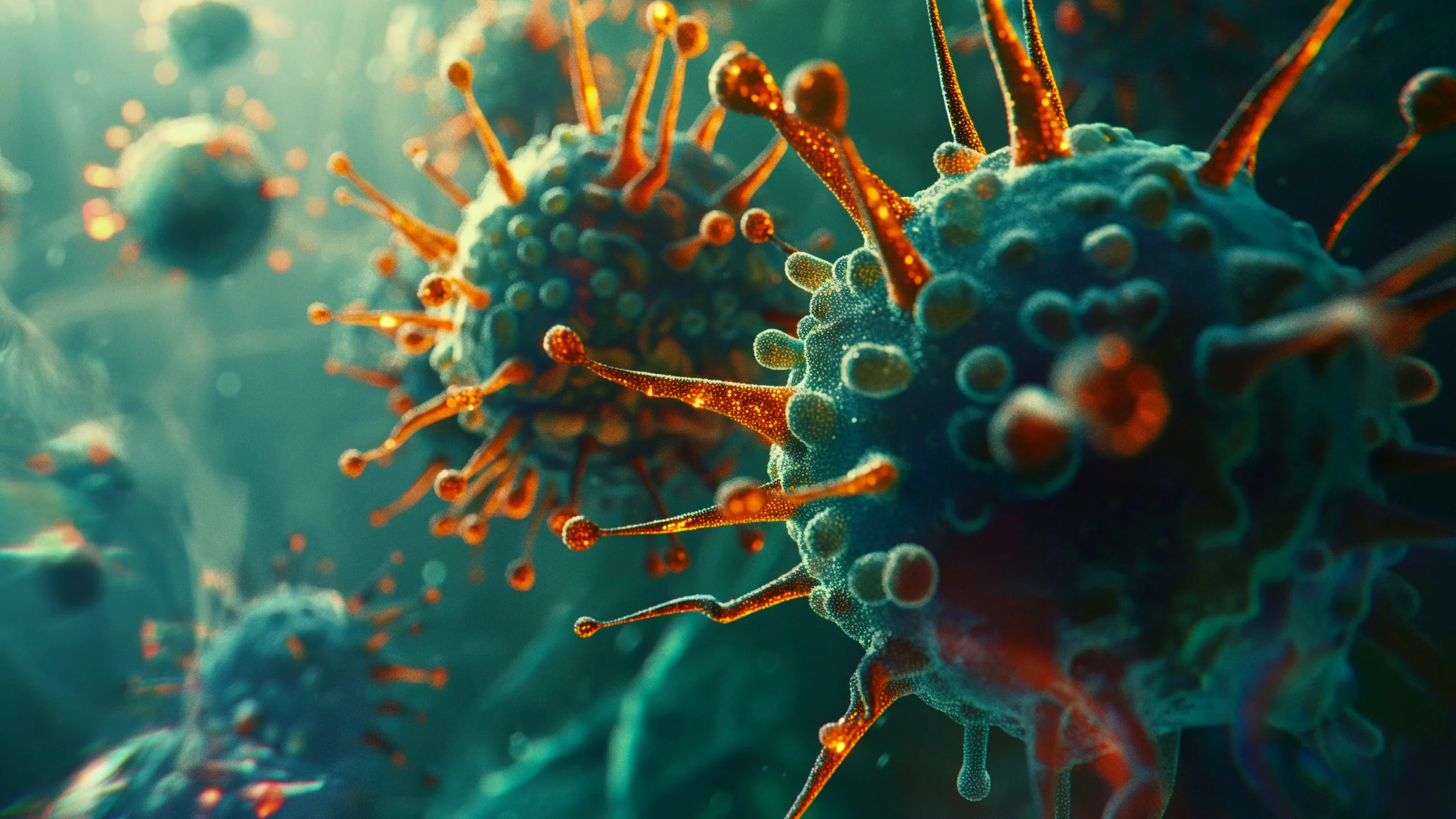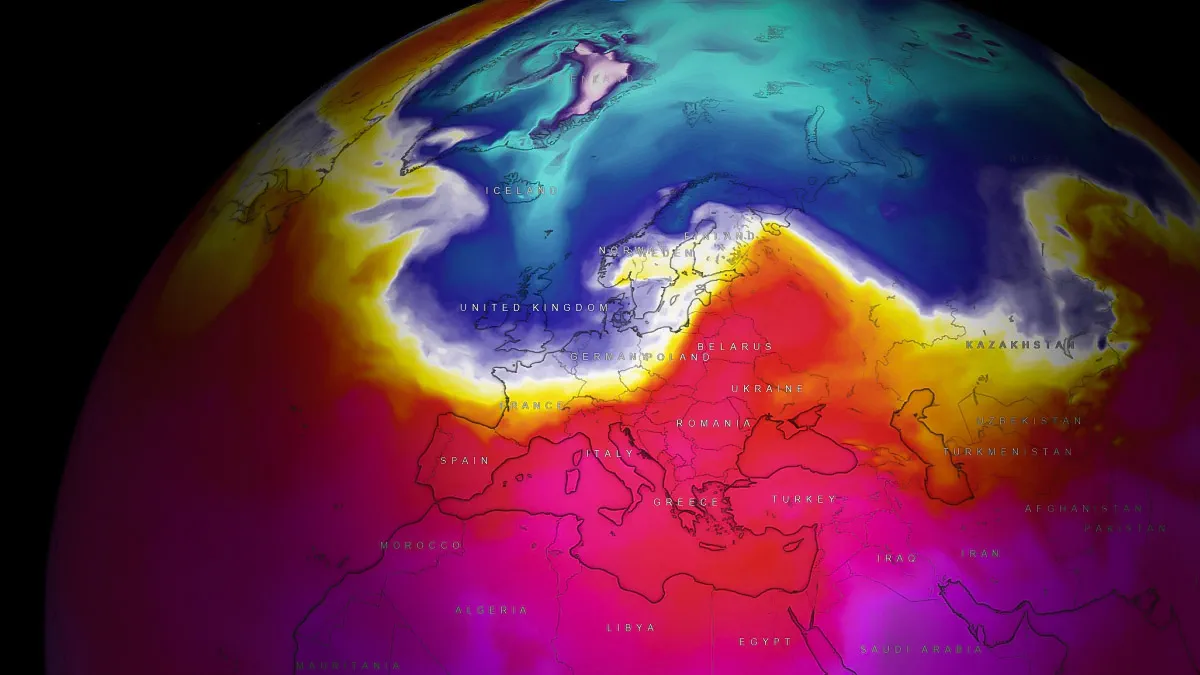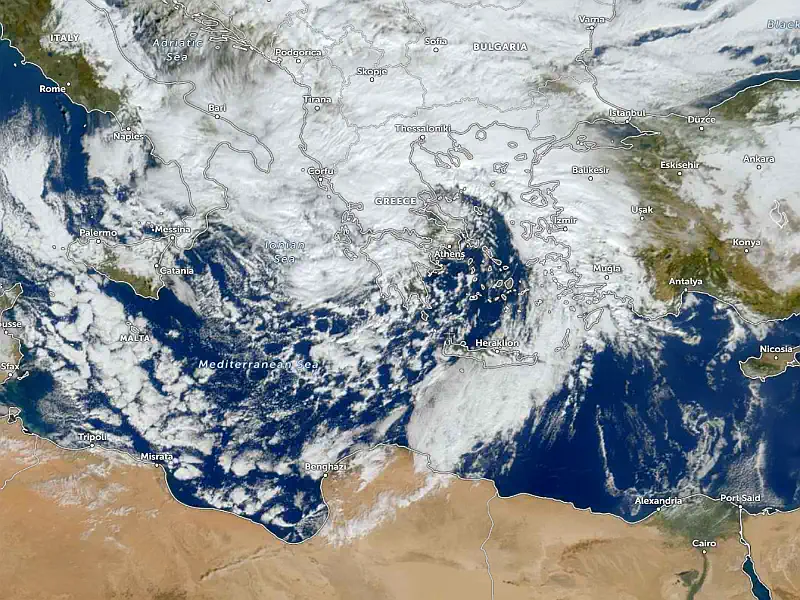
WHO Declares Global Emergency Over Monkeypox Outbreak: August 2024
What is Monkeypox?
Monkeypox is a rare viral disease caused by the monkeypox virus, which belongs to the genus Orthopoxvirus. The monkeypox virus is closely related to the smallpox virus, which was completely eradicated in 1980. However, monkeypox continues to circulate in parts of Africa, where it is most often transmitted from animals to humans.
Symptoms of Monkeypox
Symptoms of monkeypox usually appear within 5 to 21 days of exposure and may include:
- Fever
- Headache
- Fatigue
- Chills
- Muscle pain
- Back pain
- Swollen lymph nodes (often a hallmark of monkeypox)
- A rash that goes through several stages and may include macules, papules, vesicles, pustules, and crusts. The rash usually appears on the face, palms of the hands, and soles of the feet, but can spread to other parts of the body.
How is monkeypox spread?
Monkeypox can be spread from person to person through:
- Direct contact with infected rashes, fluids from skin lesions, or respiratory secretions.
- Indirect contact with contaminated materials, such as bedding or clothing.
- Transmission from infected animals to people.
Where are the outbreaks located and how many people are affected?
In 2024, there has been a significant increase in monkeypox cases worldwide, extending beyond countries where the virus has previously circulated. The exact numbers of cases are constantly changing, but as of August 2024, thousands of people have been infected in dozens of countries. Outbreaks of the disease have been identified on every continent, including Europe, North America, and Asia.
Treatment and Vaccines
There is currently no specific treatment for monkeypox. Treatment is aimed at relieving symptoms and preventing complications. Patients are usually isolated to prevent the spread of the infection.
The smallpox vaccines that were used to eradicate smallpox in the past are also effective against monkeypox. However, the availability of these vaccines is limited, and their use is generally recommended for individuals at high risk of infection.
What does the WHO declaration of a global emergency mean?
The World Health Organization's declaration of a global emergency over the monkeypox outbreak highlights the seriousness of the situation and the need for a coordinated international effort to combat the disease. This means that countries must strengthen measures to prevent the spread of infection, raise public awareness, ensure access to diagnostics and treatment, and accelerate the development of new vaccines and antiviral drugs.
It is important to note that information about the monkeypox outbreak is constantly being updated. For the most up-to-date data, it is recommended to consult official sources such as the World Health Organization and national centers for disease control.
Chief forecaster and ideologist of the weather forecast service Pogodnik. Co-author of scientific articles and specialized content for various online media.




